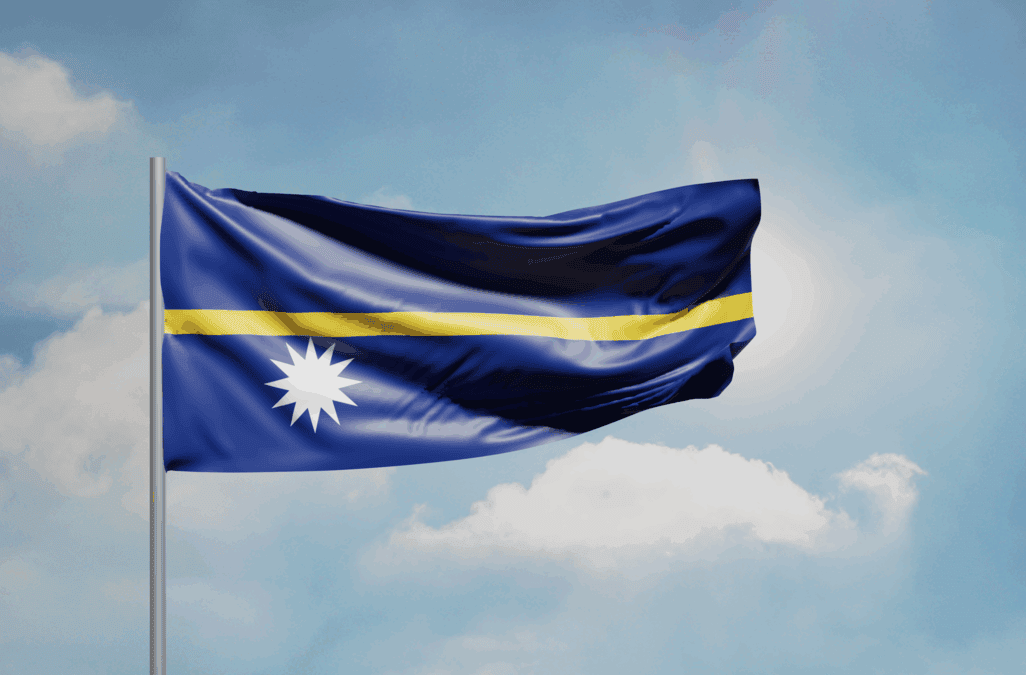On Tuesday (28 October 2025) it was reported that Nauru’s president, David Adeang, told the Nauruan Parliament last Friday that the first person had arrived under the new third country resettlement agreement.
Organisations including the Human Rights Law Centre, the Refugee Council of Australia and the Asylum Seeker Resource Centre (ASRC) have responded with alarm, saying the deportation is in breach of Australia’s values of fairness, equality and justice.
The removal was also criticised by Australia’s Human Rights Commissioner Lorraine Finlay, who said it exposed a “disturbing lack of transparency”. The Commissioner’s office said the government had not even confirmed whether one or more people were in the initial transfer.
The ASRC, which supports people seeking asylum held on Nauru, said on Tuesday it had been unable to make contact with a person known to have been deported and holds serious concerns for their wellbeing and safety.
The Australia-Nauru deal for the transfer of migrants and refugees whose visas have been cancelled was signed alongside new laws allowing deportations to occur without any consideration of the consequences people would face, such as whether a person might die without proper medical care, be permanently separated from their families, or face persecution in Nauru, the Human Rights Law Centre said in a press release.
It has been reported that the deal will cost Australia up to $7 billion, though a figure of $2.5 billion is often cited.
Human rights and refugee advocacy groups are calling on the government to immediately halt deportations to Nauru, end offshore detention, and uphold equal treatment under the law.
BASP coordinator Brigid Arthur said:
“The deportation of this individual is very frightening and disturbing. In a democracy, we should be able to trust that there will be reasonable consultation about these sorts of government decisions and a chance to register our concerns. Instead, this has happened secretly.
“The high cost of keeping Nauru open for such contingencies means money that could be made available for looking after people in need is being paid to Nauru – a country that doesn’t have a good track record in caring for the refugee population who have been sent there over the years.
“This lack of effective care is also a big worry. We know many people, especially women, who have told us terrible stories about human rights abuses they suffered in Nauru.”
“24 October 2025 is a dark day in Australia’s immigration history.” (Sarah Dale, RACS)
The people deported to Nauru face family separation, serious threats to health and possible return to a fate of torture or death, said the director of the Refugee and Casework Service (RACS), Sarah Dale. She said 24 October 2025 will be remembered as “…a day when our country chose exile over basic principles of humanity.”
Paul Power, CEO of the Refugee Council of Australia, said history showed that sending people offshore permanently would be “disastrous for the people involved and yet another dark stain on Australia’s international reputation.”

